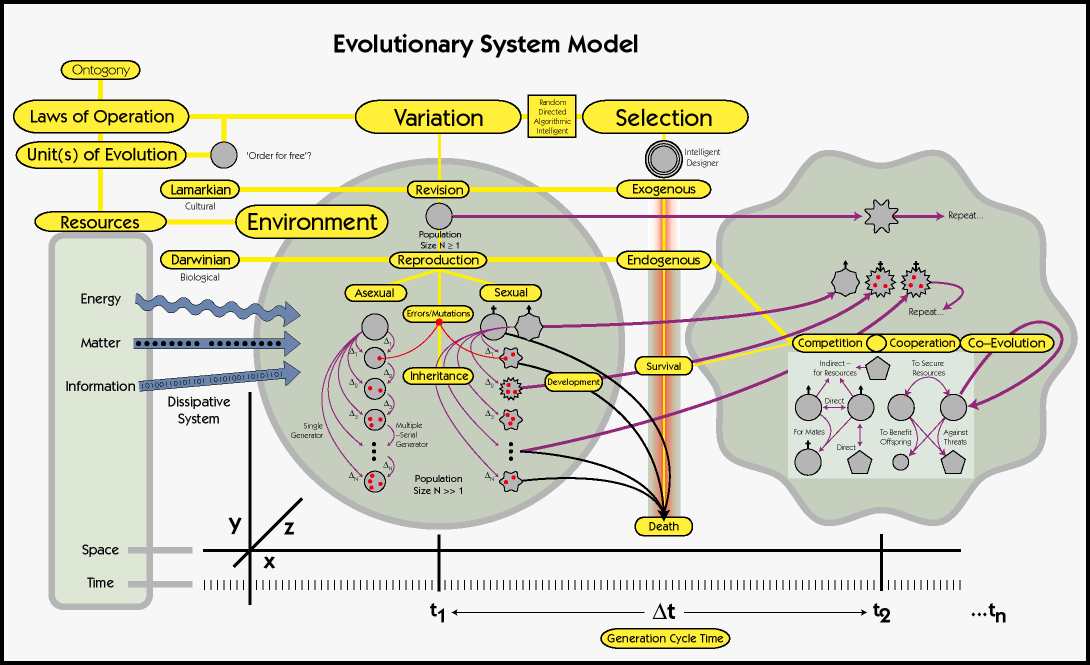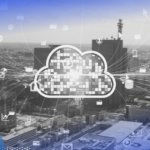With The Evolution of Software: From Basic Programs to Complex Systems at the forefront, this journey takes us through the fascinating progress of software development. From humble beginnings with simple programs, we’ve seen a remarkable transformation into intricate systems that power our daily lives. Understanding this evolution not only highlights the ingenuity of developers but also emphasizes the significant role software plays in our increasingly interconnected world.
As we delve into the various stages of software evolution, we will explore the impact of early programming languages, the rise of complex programming paradigms, and the integration of advanced technologies that have revolutionized how we create and interact with software. Each phase has contributed to a landscape where innovation thrives, and users benefit from enhanced functionalities and seamless experiences.
In today’s digital landscape, the significance of effective communication cannot be overstated. Whether in a personal or professional context, the way we express our thoughts and ideas can significantly impact relationships, collaborations, and overall success. This article explores the nuances of communication, its various forms, and tips on how to enhance your skills in this essential area.First, let’s take a moment to define communication.

At its core, communication is the process of exchanging information, thoughts, and feelings between individuals or groups. This exchange can occur through various mediums, including spoken words, written messages, body language, and even visual aids. Each mode of communication has its unique strengths and weaknesses, which can influence the effectiveness of the message being conveyed.### The Importance of Effective CommunicationThe ability to communicate effectively is crucial for several reasons.
First and foremost, it fosters understanding and collaboration. In a workplace setting, clear communication can lead to more productive teamwork, as team members are able to convey their ideas and feedback without confusion. This can lead to improved project outcomes, as everyone is on the same page.Furthermore, effective communication helps to build trust. When people feel heard and understood, it creates a sense of rapport and mutual respect.
In personal relationships, this can lead to stronger bonds and a greater sense of intimacy. Trust is the foundation of any relationship, and communication plays a pivotal role in establishing and maintaining it.Additionally, strong communication skills can enhance problem-solving abilities. When conflicts arise, those who can articulate their thoughts and feelings clearly are better equipped to navigate disagreements and find resolutions.
This is particularly important in leadership roles, where one must often mediate among team members or stakeholders with differing opinions.### Forms of CommunicationNow that we understand why effective communication is vital, let’s explore the different forms it can take. Each form has its own characteristics and contexts in which it is most effective.
1. Verbal Communication
This includes spoken conversations, presentations, and speeches. Verbal communication is immediate and allows for real-time feedback, making it an effective way to engage in dynamic discussions.
2. Non-Verbal Communication
Body language, facial expressions, and gestures fall under this category. Non-verbal cues can often convey more than words alone, providing context and emotional depth to a message.
3. Written Communication
Emails, reports, and text messages are examples of written communication. This form allows for thoughtful organization of ideas and provides a permanent record of communication. However, it lacks the immediacy and personal touch of verbal interactions.
4. Visual Communication
This includes images, charts, and graphs. Visual aids can enhance understanding and retention of information, particularly in educational or professional settings where complex data is involved.### Tips for Enhancing Communication SkillsImproving your communication skills is an ongoing process, and there are several strategies you can implement to become a more effective communicator.
1. Active Listening
One of the most important aspects of communication is listening. Active listening involves fully concentrating on the speaker, understanding their message, and responding thoughtfully. This not only helps you grasp the content better but also shows the speaker that you value their input.
2. Be Clear and Concise
Whether you are speaking or writing, clarity is key. Avoid jargon or overly complex language that might confuse your audience. Instead, strive for simplicity and directness in your communication.
3. Adapt Your Style
Different situations and audiences may require different communication styles. Pay attention to the needs of your audience and adjust your tone, vocabulary, and formality accordingly. For instance, a casual conversation with friends will differ significantly from a formal presentation to executives.
4. Practice Empathy
Try to understand things from the other person’s perspective. Empathy can help you respond more thoughtfully and create a deeper connection with your audience. This is particularly important in conflict resolution, where emotions may run high.
5. Seek Feedback
Don’t hesitate to ask for feedback on your communication style. Constructive criticism can provide valuable insights into how others perceive your messages and where you may improve.
6. Utilize Technology
In our digital age, various tools are available to enhance communication. Video conferencing platforms, collaboration software, and messaging apps can facilitate communication, especially in remote or hybrid work environments. Familiarize yourself with these tools to maximize your efficiency.### Overcoming Communication BarriersDespite our best efforts, communication barriers can still arise. These may include language differences, cultural misunderstandings, or simply differing communication styles.
To overcome these challenges, consider the following approaches:
Be Patient
Allow time for understanding, especially in cross-cultural situations. Different backgrounds can influence how people communicate and interpret messages.
Clarify When Necessary
If something is not clear, don’t hesitate to ask for clarification. It’s better to seek understanding than to make assumptions.
Be Mindful of Cultural Differences
Awareness of cultural norms can greatly enhance communication. What may be acceptable in one culture might not be in another, so being informed can help prevent misunderstandings.### ConclusionEffective communication is an invaluable skill that can significantly enhance personal and professional interactions. By understanding its importance, familiarizing ourselves with different forms, and actively working to improve our skills, we can foster better relationships, enhance collaboration, and navigate conflicts more effectively.
Remember, communication is not just about speaking or writing; it’s equally about listening and understanding. So, let’s commit to becoming better communicators, one conversation at a time.



